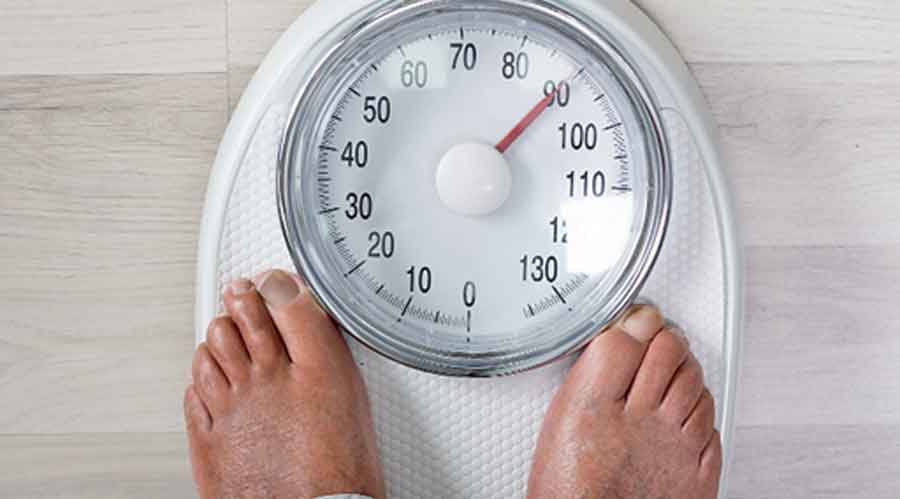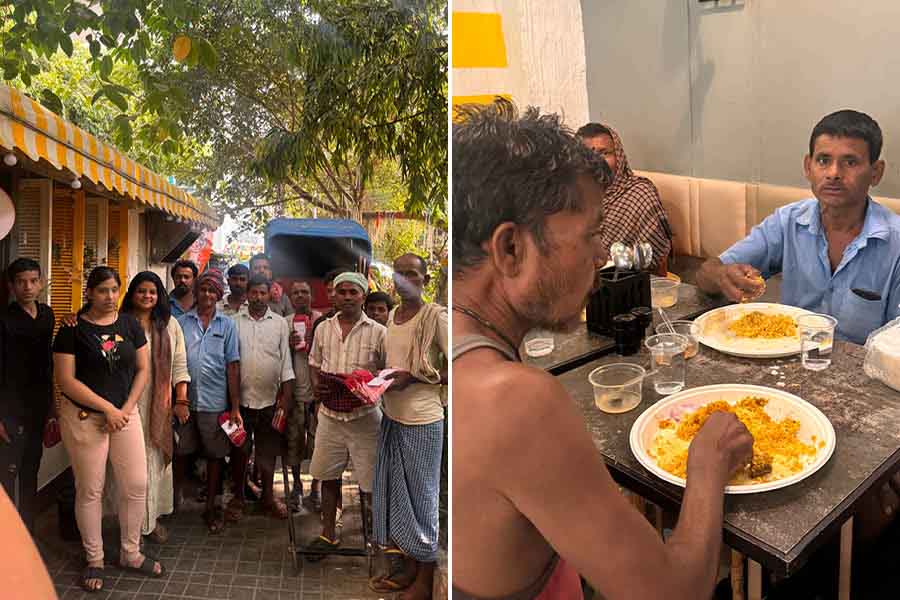Oh my God! I have put on so much weight that I should diet!” — a common feeling echoed by millions of women in the 1990s, the guiding thought process being that only ‘fat’ people should ‘diet’ for ‘weight loss’.
This diet comprised a strict regimen (accompanied by major hunger pangs). After a few temporary pounds were lost, the diet was discarded altogether, ending with binge eating with a vengeance, leading to the person not only gaining the original weight but also a couple of extra pounds! Now, in the 2000s, we assimilated a lot of information, so much that the modern-day diet dilemma was born. Being victims of the ‘diet culture’, we were conditioned to believe that we need to ape these trends to be healthy or ‘cool’. It sounds quite chic to order an almond milk cappuccino over a normal cafe latte at Starbucks or a gluten-free sourdough toastie over a regular grilled sandwich.
The array of diets available can be quite confusing because it’s no longer about eating healthy or unhealthy any more, but eating what’s in vogue. Healthy eating itself is divided into many sub-categories such as veganism, keto, intermittent fasting, paleo to name a few.
Each diet has its share of critics
- The vegans say that meat causes cancer
- The meat eaters say that being vegan can lead to vital deficiencies
- The keto dieters say it is the healthiest diet ever, whereas some might feel it causes disastrous results including a bout of acne and hormonal issues
So in order to make an informed decision, we will try to break down the most popular diet trends for you.

Don't become a victim of diet culture and presume an almond milk cappuccino is better than a normal cafe latte
The TelegraphThe ketogenic diet (or ‘why blame the butter for what the bread did’ diet)
To most people, it’s just exciting that bacon and butter with shredded cheese on top and whipped cream on the side is finally considered healthy. However, it’s more complicated than that. Following a strict ketogenic diet puts your body in a state of ketosis, where your body uses ketones instead of carbs as its primary fuel source. In simpler words, it helps the body release fatty acids from the stored body fats. For this to work, you need to be sure that 70-90 per cent of your calories should come from fat and the remaining 10-30 per cent from protein and carbs combined.
So what can you really eat while attempting this?
- A small amount of protein: meat, poultry, fish, seafood, eggs
- A large amount of high-fat foods such as coconut, avocado, olive oils and other oils/ghee, nuts, nut butter, bacon, cheese, cream, animal fats
- A small amount of low-carb veggies: leafy greens, brassicas, asparagus, cucumber, celery, tomatoes, peppers, mushrooms, zucchini
A list of things you can’t eat:
Fruit, grains, beans, legumes, starchy veggies, sweet veggies and most processed foods, most dairy products except ghee and cheese
To sum it up:
The keto diet works great for some people, especially those with metabolic, neurodegenerative disorders and insulin sensitivity. A major downside of this diet is that it’s not sustainable as the food choices are extremely restricted. It should be followed with a professional’s help to avoid nutritional deficiencies. A more sustainable alternative to this would be following a high-fat diet where you restrict your carbs intake to one meal a day (preferably pre- or post-workout) and stick to fats and proteins for the rest of your meals.
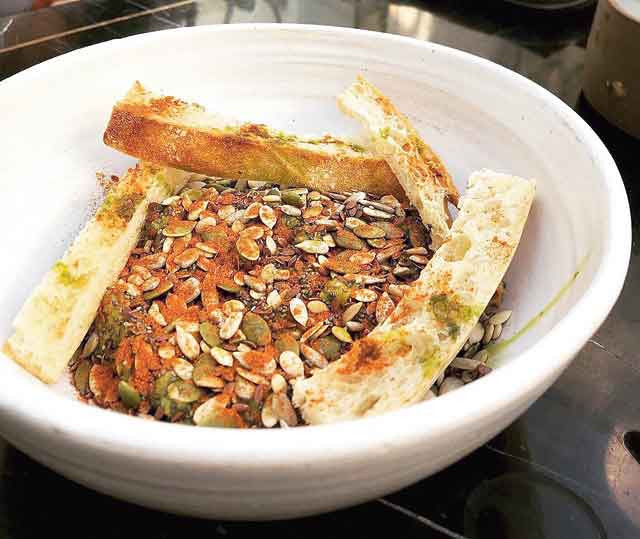
Smashed Avocados with Seeds.
The TelegraphThe vegan diet (or ‘the nutritional yeast and kombucha’ diet)
Veganism is technically a lifestyle. It involves not only eliminating all animal foods (including honey and dairy) but also avoiding purchasing products made from animals such as fur and leather. It also means boycotting businesses that thrive on animals for entertainment such as circuses and bull fights.
However, a more conventional form of veganism is people following a plant-based diet. Other than for ethical reasons and allergies or intolerance towards dairy and dairy products, there is no other reason why one should opt for this diet. A major drawback of this diet is the total omission of an entire food group. One could struggle to get all the nutrients their body needs, specifically calcium, B12, Omega 3 and iron.
A very common mistake people make while attempting this diet is picking up packaged and processed junk such as nut milk with less than 3 per cent nuts and tons of chemicals. You can only derive the benefits of this diet if you eat minimally processed whole foods made in the kitchen and not chemical labs.
Here’s a list of things you should be supplementing your diet with if you plan on going vegan: seeds, nuts, tofu, tempeh, edamame, lentils, beans, peas, amaranth, oats, quinoa, whole grains.
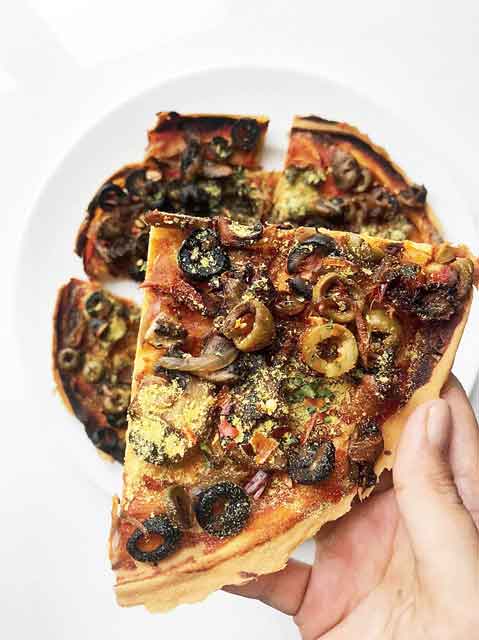
Vegan gluten-free pizza
The TelegraphIntermittent fasting (‘is it 16 hours yet’ diet)
In simpler words, it means going for extended periods without eating. IF, combined with eating right the rest of the day, is one of the easiest ways to maintain your calorie balance or stay in calorie deficit, thus helping in weight loss. If done correctly, it helps in decreasing inflammation, improving metabolic profile, improving insulin sensitivity thus leading to a surge of growth hormones in the body.
There are many ways to do IF. It could include skipping one meal a day, eating on alternate days, the eat-stop-eat method and more. The most common way of doing this is the 16/8 method where you fast for 16 hours and plan all your meals in the eight-hour window.
How do you get started?
- Start with 12-13 hours of fasting and then move your way up to 16 hours
- Choose your eating window as per your activity level. For example, if you are a morning person and you are more active during the early hours of the day, skip your dinner instead of your breakfast and vice versa
- Skipping one meal doesn’t give you the licence to binge throughout the day. You still need to eat healthy and maintain your calorie balance the rest of the day
- Even though IF has shown great results for some, it is not the only way to stay in deficit or lose weight
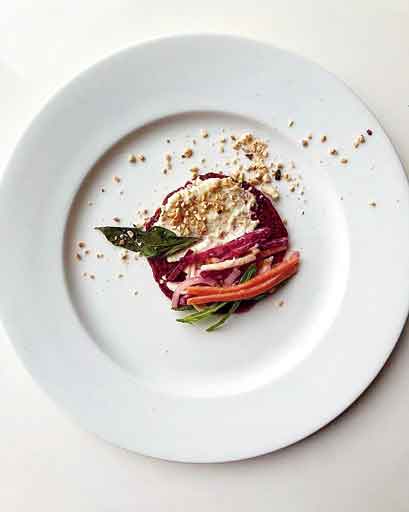
Beetroot Almond Flour Pancakes with Vegan Cheese
The TelegraphIf you ask us which ‘camp’ do we belong to or which one out of these is the ‘best diet’, we feel there is no one-size-fits-all approach. Each of these diets work effectively if planned properly. We would advise working with your body instead of going against it. If you are a vegetarian, going for a keto diet would be difficult because of the restricted food options. If you are someone who can’t stay hungry for long hours, attempting IF would be futile.
One should not ape any diet blindly but decide on the following parameters:
- Adaptability/suitability for the body
- Food preferences and exclusions
- Sustainability
- Convenience
Your diet should be such that you can follow on your worst day and not just the best.
Nutrimend
Nutrimend is a diet consultancy clinic founded by the sister duo Neha Patodia and Nupur Arya in 2016.
“We aim at helping people create healthy habits and not restrictions. We coach people how to eat right and healthy so they feel confident in their bodies and achieve their desired goals. Nutrimend is a brand that promotes intuitive eating, rejecting the diet mentality, honouring your hunger, respecting your body and eating without fear. We believe in having a holistic and sustainable approach towards health” — Neha Patodia and Nupur Arya
Both Neha and Nupur are certified nutritionists (DDHN, DNHE and Precision Nutrition). They started by helping NGOs and the community at large via insightful talks and discussions about lifestyle and fitness. Their mutual love for health persuaded them to start a health cafe, a couple of years later. After realising their true passion lay towards more than healthy food, they founded Nutrimend in 2016 with the motto of encouraging people to take small steps for better health.
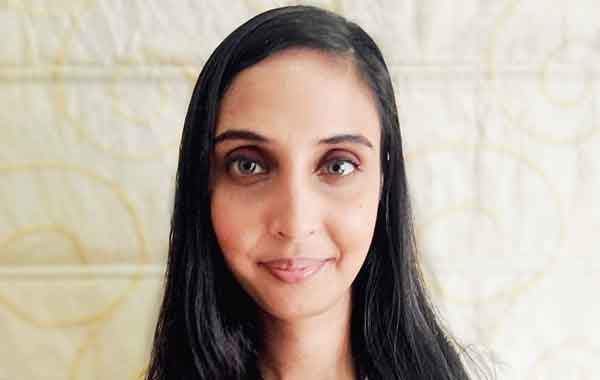
Neha Patodia
The Telegraph


